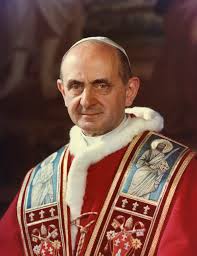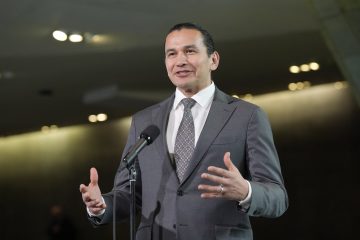The Role and Influence of the Pope in Today’s Society

Introduction
The Pope, as the leader of the Roman Catholic Church, holds significant religious and cultural authority that stretches beyond the confines of faith. With over 1.3 billion followers worldwide, the Pope’s messages and actions can have profound effects on global issues, including social justice, climate change, and interfaith dialogue. Recent events have amplified the relevance of the Pope’s role, showcasing his influence in addressing contemporary challenges faced by humanity.
Recent Events and Initiatives
Pope Francis, the current Pope, has actively engaged in dialogue on pressing global matters. His recent encyclical, Laudato Si, published in 2015, marked a pivotal moment for Catholic Church teachings regarding environmental issues and sustainability. This document emphasizes the need for a collective global response to climate change, urging individuals and governments alike to protect our planet.
In 2023, following widespread calls for action in Ukraine, Pope Francis made headlines by advocating for peace and humanitarian efforts during the ongoing conflict. His public prayers and calls for a ceasefire have rallied attention to the plight of civilians affected by the war, highlighting the Church’s role in promoting peace.
Additionally, in recent months, the Pope has addressed issues of social inequality and migration. In his World Day of Migrants and Refugees message in September, he emphasized the Church’s commitment to welcoming and protecting displaced individuals, calling on communities to foster inclusion and understanding.
Challenges and Controversies
Despite his efforts, the Pope’s tenure has not been without controversy. Some conservative factions within the Church oppose his progressive stance on various social issues, including LGBTQ+ rights and the modernization of Church doctrines. The internal dialogues and debates surrounding these matters pose challenges to his leadership and highlight the dynamic nature of Catholicism in the 21st century.
Conclusion
The Pope remains a central figure in global discourse, navigating complex social, political, and environmental landscapes. His influence is particularly pertinent as faith communities grapple with modern issues and the need for inclusive dialogue. The continued relevancy of the Pope’s message urges all of us to reflect on our mutual responsibilities to each other and to the planet. As global crises persist, the Pope’s voice could serve as a unifying thread, encouraging compassion and action across the divides of faith and ideology.









